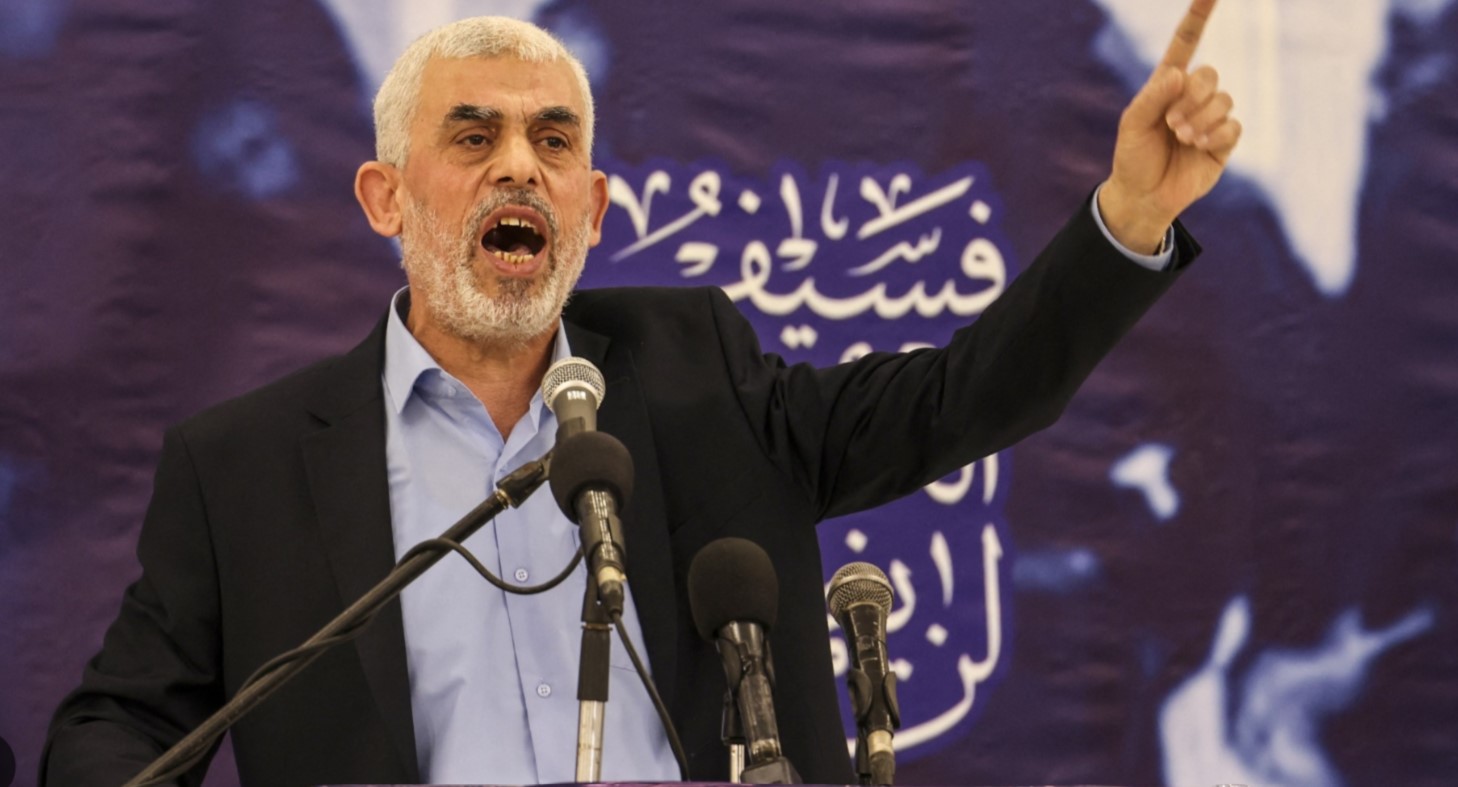
Yahya Sinwar, a key leader of Hamas in Gaza, was killed in an Israeli military raid late on Wednesday, as confirmed by both Israeli officials and Hamas spokespersons. Sinwar, aged 62, had been the chief architect of Hamas’s militant strategies, and his death marks a major setback for the organization.
Sinwar, who rose to power in 2017, played a crucial role in overseeing both the political and military activities of Hamas. Under his leadership, he masterminded several significant operations, including the deadly Hamas-led assault on Israel in October 2023. Known for his hardline stance, Sinwar had maintained strong relationships with regional allies such as Iran and Hezbollah.
Background and Rise to Leadership
Born in the Khan Yunis refugee camp in 1962, Sinwar experienced the hardships of displacement firsthand, as his family fled from the town of Majdal ‘Asqalan during the 1948 Palestine War. This background influenced his fervent commitment to the Palestinian cause. He later graduated from the Islamic University of Gaza with a degree in Arabic studies.
In 2011, Sinwar was released from Israeli custody after serving 22 years of a life sentence for orchestrating the killing of alleged collaborators. He was one of over 1,000 Palestinian prisoners released in exchange for Israeli soldier Gilad Shalit, a deal that further boosted his popularity within Hamas and Gaza.
Death During Firefight
Sinwar was killed during a targeted raid by Israeli forces in Gaza, marking a culmination of rising tensions since the outbreak of new conflicts in 2023. The operation aimed at dismantling Hamas’s leadership infrastructure saw intense confrontations between Israeli troops and Hamas militants. His death was seen by Israel as a major strategic victory, aimed at weakening the organizational backbone of Hamas.
A Leadership Void in Gaza
The sudden death of Yahya Sinwar leaves Hamas without its prominent leader during one of the most critical phases of the Gaza conflict. Known for his militant outlook and the orchestration of large-scale attacks against Israel, Sinwar’s leadership had unified Hamas’s military wing and its political agenda. Analysts believe that his death will create significant challenges for the group in terms of leadership transition and operational coherence.
International Repercussions
Sinwar’s death is likely to have broader regional implications. Hamas will need to regroup and address the leadership vacuum, while Israel has positioned the killing as a key victory in its broader campaign against militant factions in Gaza. Regional players, including Iran, which has provided support to Hamas, may recalibrate their responses amid this development.
Sinwar had been under investigation by the International Criminal Court (ICC) for alleged war crimes and crimes against humanity. His death will likely complicate international legal actions that were being considered against him.
What Lies Ahead for Hamas?
With Yahya Sinwar now dead, the future of Hamas’s leadership remains uncertain. The organization may look to promote from within or rely on established figures, such as Ismail Haniyeh, to fill the void. However, Sinwar’s loss removes a powerful figure known for both his political maneuvering and military planning. This could impact Hamas’s capacity to coordinate future operations and maintain cohesion among its ranks.
Conflict Continues
The killing of Sinwar will undoubtedly heighten tensions within the region, with potential escalations in violence expected as Hamas and its supporters react. Sinwar’s death has been perceived as a provocative action that could spur retaliatory strikes against Israeli targets, possibly involving regional allies of Hamas.
